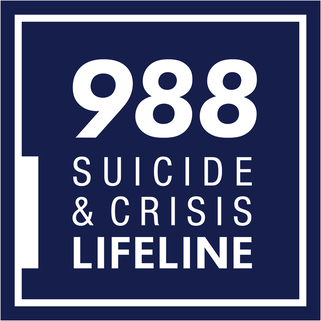|
According to American Academy of Family Physicians approximately 20% of US residents have some form of Seasonal Depression. Seasonal Depression is identified when changes in mood happen predominantly due to the time of the year when the days start getting shorter, colder and darker.
It is important to address this change in mood because it can limit the potential people have for living their lives to the fullest, to enjoy time with their families and to perform and their full potential at work. Below are a few options that you can do to help prevent or address any seasonal mood changes during this time period. 1. Light therapy box. Light therapy boxes give off a light that mimics sunshine and can help in the recovery from seasonal affective disorder. The light from the therapy boxes is significantly brighter than that of regular light bulbs, and it's provided in different wavelengths. 2. Dawn simulator alarm clock. Rather than waking you abruptly with loud music or beeping, they produce light that gradually increases in intensity, just like the sun. 3. Aromatherapy. Essential oils can influence the area of the brain that's responsible for controlling moods and the body's internal clock that influences sleep and appetite. Add a few drops to your bath at night to help you relax. 4. Exercise. This can be difficult with cooler weather making it near impossible to walk, hike, bike or run outside. Go to a gym and choose a treadmill, stationary bike, or elliptical machine close to a window. Exercise can also help offset any weight gain that is common in the colder months and contribute negatively to depressive symptoms. 5. Let the sun in. Go outside whenever possible. If the temperature will not allow you to do so, open your blinds and let the sun stream into your home. Take advantage of the sunlight whenever you can. 6. Stick to your schedule. Sleeping and eating at regular intervals help maintain overall emotional regulation. By keeping with a sleep schedule you also allow yourself to be exposed to daylight at regular times and eating a consistent diet can help you watch your weight and not overeat. 7. Journal. Writing down your thoughts can have a positive effect on your mood. Plan to write for about 20 minutes on most days of the week. Include your thoughts, feelings, and concerns. The best time is at night so that you can reflect on all that happened in the last 24 hours. 8. Talk to your doctor. Low levels of vitamin D are linked to seasonal depression. Talk to your doctor about testing your vitamin D levels and whether supplements would be right for you. 9. Stay busy. Fill your schedule with dinners with friends, time outside of the home, and engage with others even when you don’t feel like it. Look at developing new interests that can only be offered in the colder months. Strap on some snowshoes, take a spin on an ice rink, or take some new cooking classes.
0 Comments
Leave a Reply. |
|
Please DO NOT use this email address for medication refill requests or for emergency situations.
Click here for refill requests instead of using email: Medication Refill Request Form If you have a medical emergency, email is never the appropriate way to communicate your needs, and you should instead call 911 or go to the nearest ER. If you are having suicidal thoughts and need to speak to someone immediately, you can contact Suicide Prevention Hotline at the number (and link) below. [email protected]
Communications via email are not secure. Although it is unlikely, there is a possibility that the information you include in an email can be intercepted and read by other parties besides the person to whom it is addressed. |
|
2024 Providers for Healthy Living | All Rights Reserved
|

